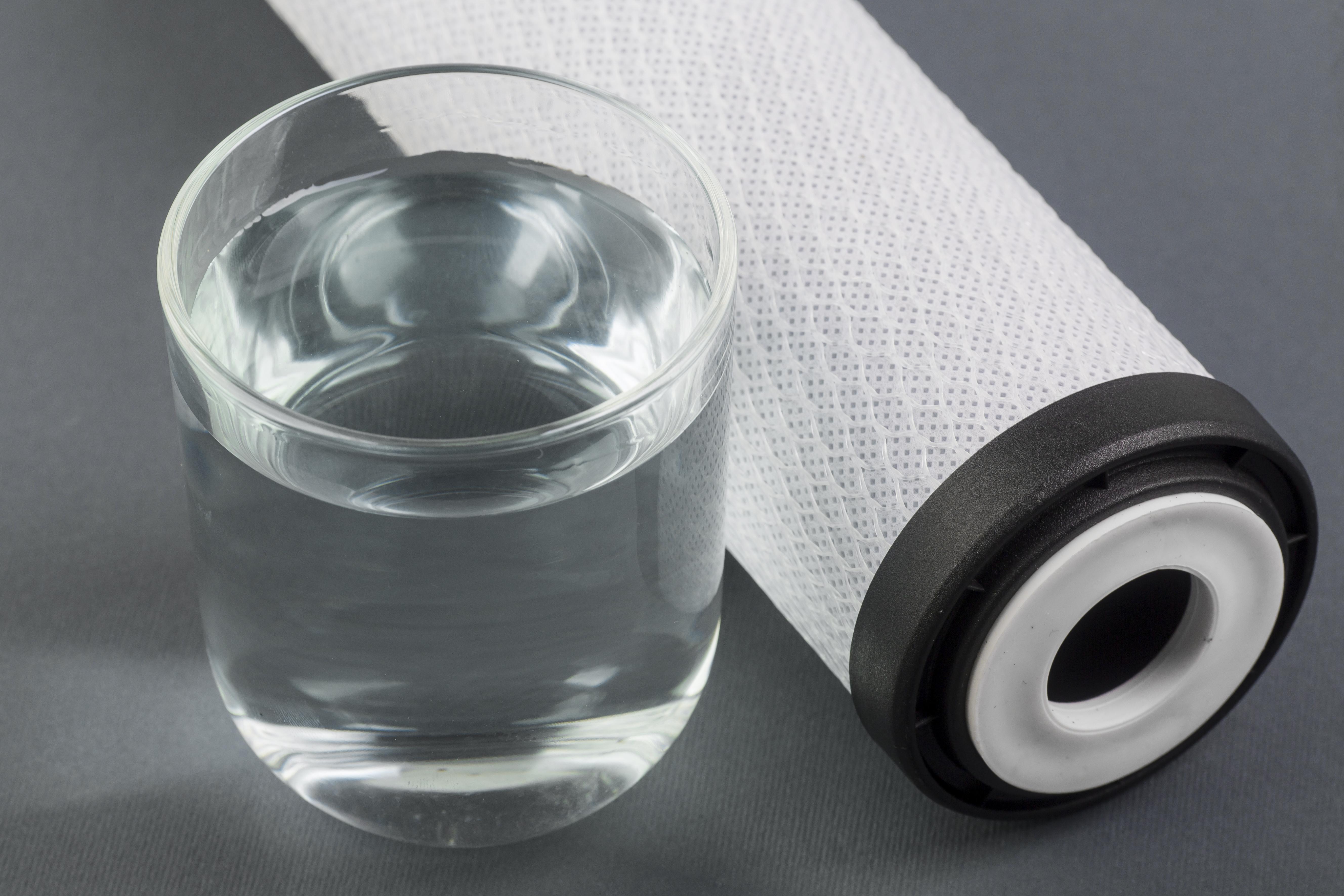The Dual Impact of Water Purifiers: Purity and Conservation
In today’s world, access to clean and safe water is no longer a given, and the growing concerns over water scarcity make it essential to rethink how we use and conserve this precious resource. With advancements in water filtration technology, water purifiers have become a critical tool in ensuring that every drop is as pure as it can be. But did you know that these systems also play a key role in water conservation? Let’s explore how water purifiers not only improve water quality but also help you use water more efficiently.
Purity at Its Best: The Power of Water Purifiers
Water purification is no longer limited to basic filtration methods. Modern water purifiers incorporate a range of advanced technologies such as reverse osmosis, UV sterilization, and activated carbon filtration, ensuring that your water is free from harmful contaminants like bacteria, heavy metals, chlorine, and even microplastics.
These systems remove impurities that can compromise both the health and taste of your water. But beyond simply providing clean drinking water, high-quality purification systems are engineered for efficiency, ensuring that you don’t waste water during the process. Here’s how:
- Advanced Filtration, Minimum Waste:
Unlike older filtration systems that could waste a significant amount of water in the process, modern water purifiers have significantly reduced water wastage. Reverse osmosis systems, for example, have been optimized to maximize recovery rates, meaning less water is discarded while the contaminants are removed. - Consistent Quality:
Many water purifiers feature advanced monitoring systems that continuously check for water quality and ensure that the filtration process is optimized. By ensuring the system is always running at peak efficiency, the amount of water required for effective filtration is minimized, promoting both purity and conservation. - Energy Efficient Design:
Modern water purifiers are not only designed to conserve water but also to reduce energy consumption. Energy-efficient models help minimize the environmental footprint, using less power while still delivering the clean water you need.
Water Conservation: A Global Necessity
Water scarcity is an increasingly pressing issue worldwide. According to the United Nations, nearly 2 billion people live in countries experiencing high water stress, and this number is expected to grow as populations increase and water resources diminish. In this context, water conservation becomes a responsibility we all share—both at home and globally.
One of the most effective ways to conserve water is by adopting technology that makes the most of every drop. Water purifiers, when integrated with water-saving practices, can significantly reduce the overall consumption of water. Here’s how:
- Reducing Bottled Water Waste:
By installing a home water purification system, you can drastically reduce your reliance on single-use plastic bottles. This not only reduces plastic waste but also cuts down on the water needed for the production and transportation of bottled water. On average, it takes around 1.39 liters of water to produce just one liter of bottled water. By purifying tap water, you can help minimize this inefficiency. - Smart Water Usage:
Many modern water purifiers come with smart features, such as automatic filtration cycles, water-level sensors, and usage tracking, that allow you to monitor and optimize your water usage. This means you can enjoy pure water without overusing or wasting any. - Increased Efficiency in Other Water Uses:
Purified water can be used not just for drinking but also for cooking, washing, and even in aquariums or plants, where high-quality water leads to better results. When you use water that’s cleaner and more efficient, you avoid the need for multiple rounds of washing or filtering.
How You Can Make a Difference
Adopting a water purification system in your home is just the first step in contributing to a larger global effort. Here are a few additional ways you can increase water efficiency:
- Use Water-Efficient Appliances:
Look for appliances with high water efficiency ratings, such as low-flow faucets, showerheads, and dishwashers. - Fix Leaks Promptly:
A small drip may not seem like much, but over time, leaks can waste a significant amount of water. Regularly check pipes, faucets, and toilets for leaks to minimize waste. - Collect Rainwater:
Consider setting up a rainwater collection system for non-potable water use like irrigation, cleaning, or flushing toilets. - Practice Mindful Watering:
When watering your garden, use techniques like drip irrigation or water during cooler hours to prevent water evaporation.
Conclusion: Clean Water, Smart Use, and a Better Future
Water purifiers do more than just deliver safe, clean water—they are integral to the larger conversation about water conservation. By reducing water waste during the purification process and offering an alternative to bottled water, these systems help us use water more responsibly. In a world where every drop counts, adopting efficient water purification technology and being mindful of our consumption can have a lasting impact.
Choose a water purifier that meets your needs and helps protect both your health and the planet. Because when we treat water wisely, we help ensure its availability for future generations.
Post time: Jan-14-2025


